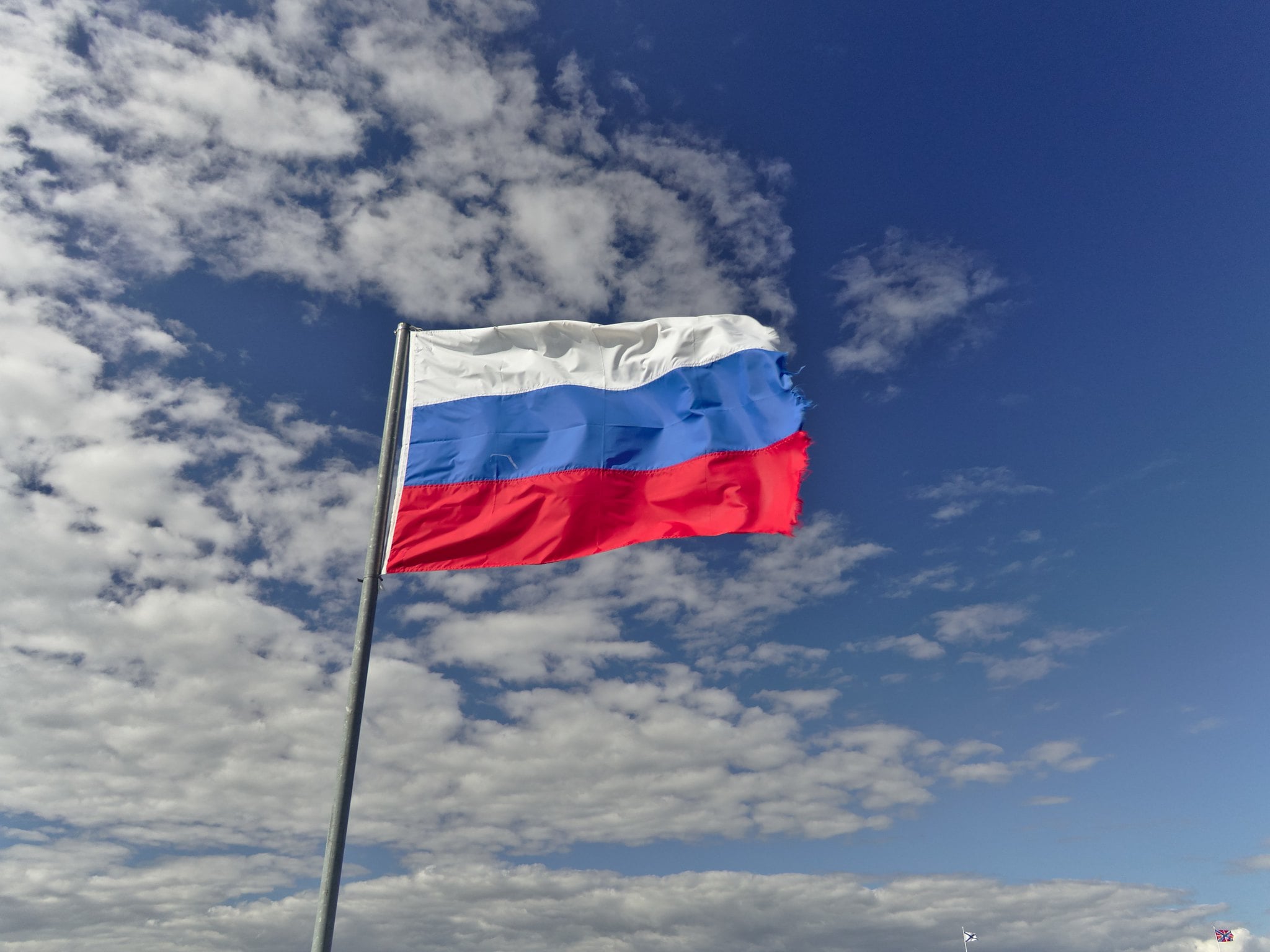
Key Takeaways
- Russia bans crypto mining in 10 regions from 2025 to 2031.
- Key mining regions like Irkutsk face seasonal restrictions instead of bans.
- The bans aim to prevent energy shortages during peak consumption periods.
The Russian government has approved a six-year ban on cryptocurrency mining across 10 regions, set to take effect from Jan. 1, 2025, through March 15, 2031, according to a report by TASS.
The restrictions aim to prevent energy shortages and align with cryptocurrency mining regulations signed earlier this year.
Affected regions
Regions facing a complete ban include Dagestan, Chechnya, and North Ossetia, as well as Donetsk, Lugansk, Zaporizhzhia, and Kherson.
These bans apply to both individual miners and mining pool activities.
Seasonal restrictions
In contrast to the blanket bans, three Siberian regions—Irkutsk, Buryatia, and Zabaikalsky—will enforce seasonal mining restrictions during high-energy-demand periods.
In 2025, these measures will initially apply from Jan. 1 to March 15, and from Nov. 15 to March 15 in subsequent years.
Policy evolution
This approach reflects a shift from earlier plans to ban mining in 13 regions, including Irkutsk, a hub for large-scale mining due to its low electricity costs.
Irkutsk houses BitRiver’s first and largest data center, launched in 2019.
Industry impact
The restrictions highlight a nuanced strategy, balancing the need for energy stability with maintaining mining operations in vital areas.
Major mining firms, such as BitRiver, have declined to comment on the potential effects of these restrictions.




